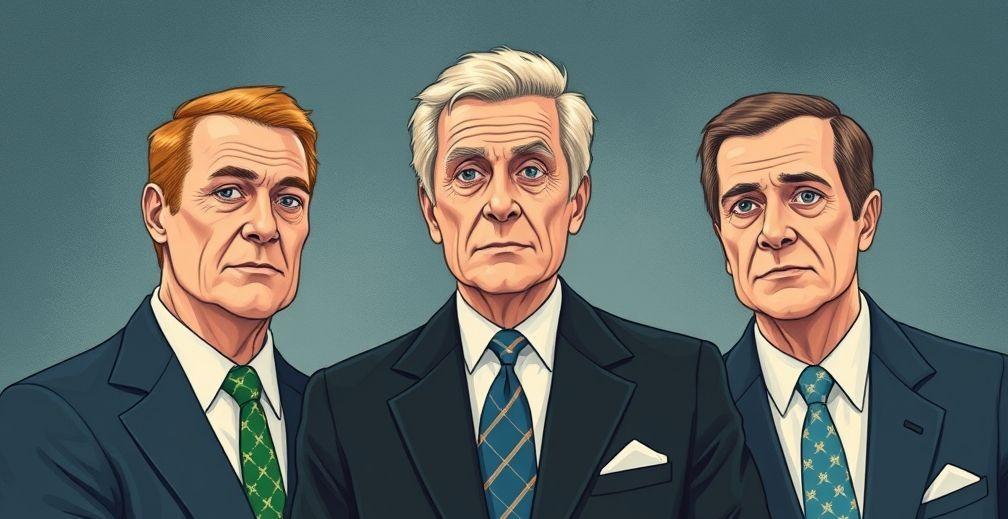Brazil is currently experiencing a period of significant political developments following a recent decision by the nation's Supreme Court and a concurrent legislative debate. Over the past two weeks, the Supreme Court concluded judicial proceedings concerning former President Jair Bolsonaro, finding him guilty on charges of attempting a coup, an action tied to efforts to overturn the 2022 general election results. The five-justice panel sentenced Mr. Bolsonaro to 27 years in prison, with the possibility of incarceration beginning as early as next month.
Simultaneously, discussions have intensified among some members of Brazil’s Congress regarding the potential for an amnesty. These private deliberations, held in close proximity to the Supreme Court's proceedings, center on a legislative measure that would legally absolve Mr. Bolsonaro and other co-defendants of the charges for which they have been convicted. The prospect of such an amnesty has fueled widespread national debate for several weeks, prompting scrutiny of Brazil’s democratic institutions and its history of political upheaval.
The legislative proposal, which would grant clemency to those found guilty of attempting to subvert the 2022 election, has reportedly begun circulating among members of Congress. In parallel, media commentators have been actively analyzing the political viability and potential implications of such a measure. Public sentiment remains divided, with demonstrations both supporting and opposing the amnesty having occurred. This polarization has also extended internationally, exemplified by activists projecting "no amnesty" alongside the Brazilian flag onto London’s Tower Bridge, underscoring global attention on the matter.
Source: www.nytimes.com




Leave a Comment